Mondays often carry a weight heavier than just the start of a new week. For many, this day represents a significant hurdle, a time when feelings of stress, anxiety and depression peak. But why is Monday singled out as the hardest day of the week for our mental well-being? And how do festive periods like Easter, Christmas and New Year’s Eve, which are supposed to be joyful, sometimes exacerbate these feelings? Let’s understand the complexities of our emotional responses to Mondays and significant holidays, shedding light on the importance of accessible mental health support.
The Monday Phenomenon
The dread of Monday is not just folklore; it’s a phenomenon deeply rooted in the rhythm of our lives. After a weekend of relaxation or enjoyment, the sudden shift to a structured routine can feel jarring. It’s not merely about leaving behind the freedom of the weekend; it’s the anticipation of what the week holds—deadlines, responsibilities and the expectation to perform. This anticipation can manifest as anxiety, stress, or a profound sense of overwhelm, making the transition into the week challenging for many.
Mondays also symbolise a mini “new beginning,” prompting self-reflection and sometimes, self-criticism. Thoughts about personal goals, achievements and the comparison with others can lead to a spiral of negative emotions. This self-evaluation can be particularly harsh on a Monday, setting a tone of unease for the week ahead.
Google Search Trends: The Cyclical Nature of Mental Health
Societal moods fluctuate significantly throughout the year, reflecting a complex interplay between seasonal changes, workweek structures and holiday periods. Notably, searches related to depression, anxiety, pain, stress and fatigue—components of what could be termed an “index of misery”—peak during the transitional periods of spring and autumn, with a marked decline during summer and a significant drop around major holidays like Christmas.
This cyclical nature of mental health concerns, with weekdays, particularly Mondays through Wednesdays, bearing the brunt of heightened misery, underscores the pervasive challenge of transitioning from the freedom of weekends back to the structured demands of the workweek.
Seasonal Influences on Mental Health
The increase in misery-related searches from autumn through winter can be attributed to the decrease in daylight, aligning with the well-documented onset of seasonal affective disorder (SAD) during these periods. Conversely, the significant dip in such searches during December points towards a holiday-induced euphoria, suggesting that despite the narrative of holiday stress, these periods may offer a reprieve from the usual mental health challenges faced by many.
However, the spring months present an anomaly; despite the longer days and generally warmer weather, which might be expected to uplift spirits, there is a peak in misery-related searches. The noted increase in depression and anxiety during these months, coupled with a spike in suicides, indicates a profound dissonance between the anticipated joy of spring and the reality of its impact on mental health.
Holiday Blues
While holidays like Easter, Christmas and New Year’s Eve are traditionally times of celebration, they can also be periods of heightened emotional vulnerability. Expectations for happiness, social gatherings and the spirit of giving can be overwhelming, especially for those feeling isolated or dealing with personal challenges. The contrast between the festive atmosphere and one’s internal state can amplify feelings of loneliness and sadness.
These holidays often prompt reflection on the past year, leading to a mix of emotions about lost opportunities, personal losses, or unmet expectations. The pressure to feel joyful can exacerbate feelings of inadequacy and deepen the sense of isolation.
Exodus: Building a Community of Mental Health Resilience
In the face of these challenges, the need for compassionate, accessible mental health support is clear. This is where Exodus steps in. Our mission is to offer a helping hand to those in our community struggling with their mental health, not just on Mondays or during the holiday seasons, but every day.
We understand that the journey to better mental health is personal and complex. That’s why we are committed to providing a dedicated full-time resource—a guide, a listener and a support system for individuals facing mental health challenges. By donating to the Exodus Monday Campaign, you are contributing to a community where no one has to face their darkest moments alone. You are helping us create a safe space where individuals can find understanding, support and the resources they need to navigate their mental health journey.
What You Can Do to Help
Now, more than ever, your support can make a real difference. As we approach Easter and other significant dates on the calendar, let’s come together to ensure that everyone has access to the mental health support they need. By supporting Exodus, you are not just donating; you are investing in the well-being of our community, making it possible for us to offer continuous, dedicated support to those in need.
At Exodus, we see Mondays not as a daunting hurdle but as an opportunity for renewal and progress. While the transition from weekend leisure to weekday responsibilities may be challenging, we provide the tools and support to transform this experience into a positive beginning. Together, we can help lift the weight of Mondays and holiday blues, offering hope and assistance to those struggling in silence. Your generosity can pave the way for a future where mental health support is always within reach, where no one has to face adversities alone.
To join us on our mission, give us a call at 02 80577174 or visit: https://www.exodus.org.au/. Alternatively, to donate to the Monday Campaign, use the link: https://www.exodus.org.au/donate-now/.



